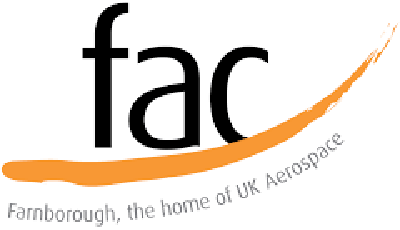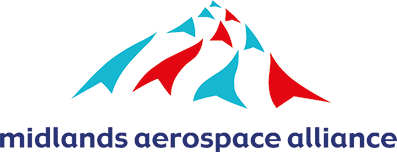Trade with EU Rules of Origin – Preparation for the End of Easements from 01 January 2022
SELLING OR BUYING GOODS FROM THE EU?
RULES OF ORIGIN EXPLAINED
From 1 January 2022, if you sell goods to the EU, or buy goods from the EU and bring them into the UK, you will need to be able to prove that they meet the rules of origin in order to use preferential tariffs.
Rules of origin are one of the most important trading requirements you need to understand and meet if your business buys or sells goods internationally. These rules are used in trading agreements between different countries, like the UK’s deal with the EU – called the Trade and Cooperation Agreement (TCA) – to determine the country of origin of goods traded between them.
If you sell goods to the EU, or buy goods from the EU and bring them into the UK, and they meet the rules of origin requirements in the TCA, you will be able to use preferential tariffs.
TO BENEFIT FROM PREFERENTIAL TARIFFS
You must have proof that:
• goods you import into the UK from the EU originate there
• goods you export to the EU originate in the UK
UK AND EU IMPORTERS
UK and EU importers can use reduced duty rates if they have one of the following proofs of origin:
• a statement on origin that the product is originating made out by the exporter
• the importer’s knowledge of where the product is originating from
Some goods will need supplier declarations to confirm that their origin is the UK or EU. Throughout 2021, you have been allowed to export goods to the EU using reduced tariffs and get supplier declarations afterwards, to give you more time. From 1 January 2022, you must have supplier declarations (where required) at the time you export your goods.
If you cannot prove the origin of the products you’re importing or exporting, the full rate of customs duty will be charged.
EXPORTING GOODS TO THE EU
If you export goods to the EU and you provide the EU importer with a statement on origin, you may alsoneed to have a supplier declaration in place. These are needed to confirm the origin of the goods you’re exporting when the manufacturer alone is not enough to meet the product specific rules of origin.
If you cannot provide a supplier declaration to confirm the UK origin of goods you exported to the EU between 1 January and 31 December 2021, you must let your customer know. If EU customs authorities ask you to verify the origin of your goods and you can’t provide supporting evidence, your EU customer will be liable to pay the full rate of Customs Duty and you may also be charged a penalty.
NORTHERN IRELAND
If you’re sending goods to or receiving goods from Northern Ireland, rules of origin may work differently. Contact the Trader Support Service if you need help.
PREPARE BY FINDING OUT MORE
Rules of origin for goods moving between the UK and EU
Claiming preferential rates of duty between the UK and EU
Introduction to rules of origin and claiming duties when trading between the UK and EU:
Including easements for business under the Trade and Cooperation Agreement
For practical support with exporting your products, contact the Export Support Service
General rules – International Trade:
• Import and export goods using preference agreements
• Sending goods to an overseas customer using Rules-of-Origin
PREPARE NOW AT: GOV.UK/RULES-OF-ORIGIN
- Check
- Change
- Go
For more information please see the documents below:-





